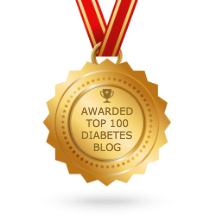
A few months ago I ran across a thoughtful article by Morris van de Camp titled Love Drinking Less. It’s well worth a read if your alcohol consumption is out of control or heading that way.
Alcohol is a two-edged sword. On the one hand it makes life fun and turns strangers into intimate friends in the course of an evening; on the other, it makes a person dysfunctional. Very dysfunctional. Productive time is lost, relationships are damaged, and health is harmed.
I cannot say that I’ve “struggled” with alcohol in the truest sense. I’ve never been arrested for drunk driving, and I’ve had no serious relationship trouble from drinking. All of my drinking has been in an appropriate time and place — but one drink inevitably would lead to another. I’d wind up accidently drunk when I really wanted a light buzz. I also found that when the time came up when I’d be free to drink, I looked a bit too much forward to it.
If you’re a tippler, this is the time of year to consider a “Dry January.” You may learn something about yourself. Be kind to your liver — you only have one.
Steve Parker, M.D.
PS: It’s also time to decide on your weight loss program for the new year.


![MP900422196[1]](https://diabeticmediterraneandiet.files.wordpress.com/2012/04/mp9004221961.jpg?w=300)



